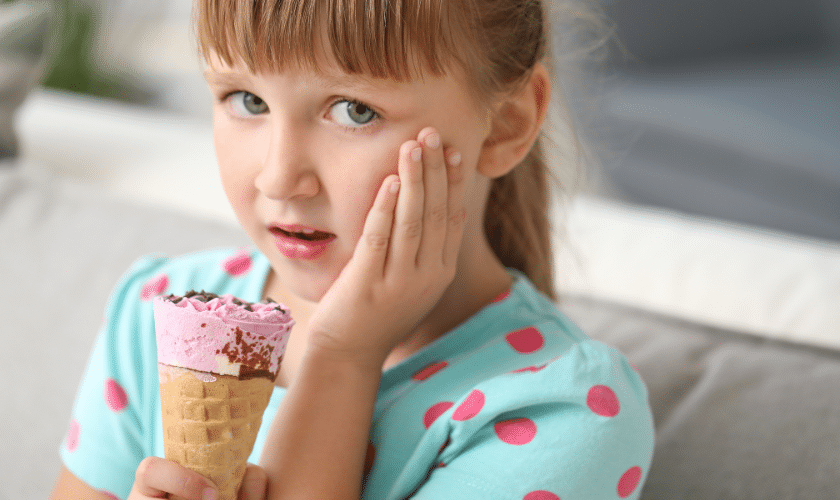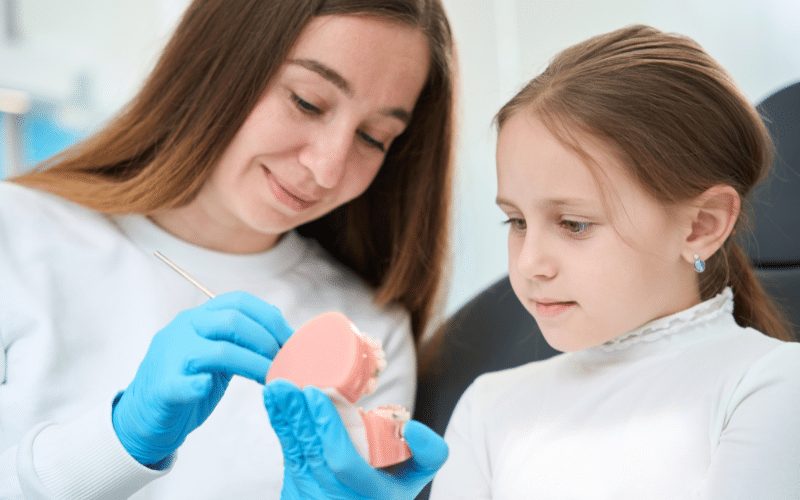ONLINE SCHEDULING AND VIRTUAL CONSULTS AVAILABLE

How To Optimize Your Oral Dental Care Routine?

It should come as no surprise that good oral health is the foundation for a bright, memorable smile. Even with the rise in patient awareness, many people still have trouble caring for their teeth properly. Oral hygiene has a huge impact on general health and contributes to the quality of life, as you\’ve probably heard. Gum disease has been related to several serious conditions, including heart disease, stroke, diabetes, low birth weight in children, and even Alzheimer\’s disease.
For these and other reasons, it is critical to be proactive and diligent in all aspects of your smile. Consider the following dental hygiene suggestions to help you get the most out of your dental hygiene routine.
Know The Proper Brushing Technique
Cleaning all parts of the smile is critical when brushing. The reason for this – your teeth aren\’t the only thing in your mouth that needs to be cleaned. Your gums and tongue also require attention. Brush at a 45-degree angle at the gum line with your toothbrush bristles. Brush your teeth back and forth, up and down.
Brush the surfaces of your tongue and the roof of your mouth as well. This aids in the removal of microorganisms that produce bad breath. Brushing twice a day, preferably in the morning and before night, should also become a habit. Following the proper brushing technique can help you to avoid periodontal disease.
You Should Brush For A Proper Period Of Time
Many people brush their teeth on a regular basis, but not for long enough to adequately clean them. Brushing for at least two minutes, twice daily, is recommended by the American Dental Association. Having issues? To assist you, give yourself the time you need for a thorough clean, set a timer, or listen to a piece of short music.
Flossing Is Very Important
Flossing is required on a daily basis to adequately remove food debris and bacteria from the difficult-to-reach crevices between teeth. It is advisable to use an 18-inch piece of floss to allow you to use a new section of floss every few teeth without reinserting the bacteria you just removed. Floss should be used in a “C” shape against teeth, wrapping around each tooth.
Using A Mouthwash Can Be Useful
Although brushing and flossing are important parts of your dental hygiene routine, mouthwash aids in the killing of harmful bacteria and the removal of plaque. It can clean out any residual food debris or other irritants that brushing and flossing can’t reach.
Maintain A Healthy Diet
Nuts, fruits (apples), cheese, meat, and vegetables have been proven to be good for your teeth. Furthermore, these food items necessitate additional chewing time, which stimulates saliva glands, and helps neutralize acids that can damage your teeth.
Put A Check On The Intake Of Alcohol & Soda
In addition to avoiding smoke, you should limit your soda and alcohol consumption. These drinks are heavy in sugar and acidic ingredients that contribute to plaque build-up and eroding effects that erode tooth enamel. Drinking more water hydrates your body and flushes dangerous plaque-forming components from your system.
Sometimes adopting preventive measures can not be enough to have a healthy smile. In that case, you can choose to undergo cleaning and prevention treatment. Give us a call at My Dental For Life and schedule an appointment today!




